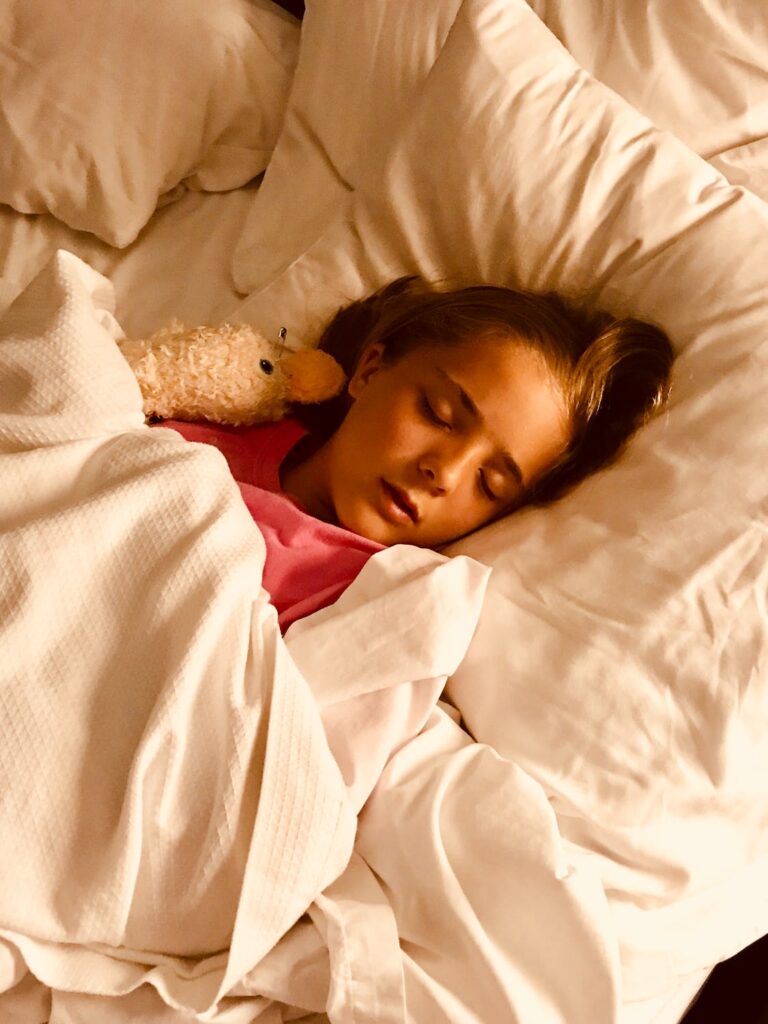Asthma is a prevalent condition that affects one in ten children. While this condition can go away in some children as they grow up, others are left to grapple with it even as they’re well into adulthood. Some children struggle with their asthma symptoms at night, which significantly worsen, known as nocturnal asthma.
However, the reasons behind these worsened symptoms aren’t always clear, and if allowed to persist, they can easily lead to disturbed sleep. When your child can’t get proper sleep every night, their health will start to suffer, leading to poor quality of life. Here are a few reasons your child’s asthma worsens at night:
They Sleep in a Reclined Position
Sleeping in a reclined position may impede breathing if your child has sinus issues. For instance, post-nasal drip causes mucus to trickle down the throat, causing your child to develop a persistent cough and even a sore throat. You can put more pillows under your child’s head to elevate their sleeping position to circumvent this. They may also find it more comfortable to sleep this way.
They Have Allergies
Constant coughing and wheezing may be attributed to allergies. It is crucial to identify these triggers since they can help you control your child’s asthma and allow them to sleep better at night. For example, if they’re allergic to pet dander, consider keeping your pets out of their bedroom. If your child suffers from hay fever, close the windows at night, especially during the high pollen season. Ensure your air conditioning unit is clean to prevent it from circulating dust throughout your home.
They Have Difficulty Breathing While Asleep
It can be more difficult to breathe when asleep, as even the healthiest people struggle with narrowed airways that hinder smooth airflow. A child with asthma experiences this to a more severe degree, as the reduced airflow makes it more difficult to breathe, causing them to cough. The issue is usually caused by lower epinephrine levels and higher histamine levels, restricting airways while epinephrine opens the airways.
They’re Affected by the Weather
Weather conditions play a significant role in triggering asthma symptoms, with some getting worse at specific times of the year. A sudden weather change or a severe storm can also worsen your child’s asthma. Cold, dry air triggers asthma and may result in nasty flare-ups, especially in those who play winter sports and have exercise-induced asthma.
Conversely, hot, humid air can also provoke asthma symptoms. Heat and sunlight may mix with pollutants to create ozone on the ground, quickly triggering asthma. Mold growth, another strong asthma trigger, grows during wet and windy weather, which is another reason your child may be struggling with worsened symptoms. Strong winds can also blow allergens and pollutants like mold and pollen through the air.
Avoiding Weather Triggers
It can be challenging to avoid weather triggers altogether, but you can take some steps to mitigate their effects on your child. Be vigilant about weather changes and keep your eyes on the forecast for pollen and mold along with other conditions, like extreme cold or heat. Encourage your child to stay home or limit their outdoor activities during peak trigger days. Ensure they wear a scarf over the mouth and nose when they are outside in frigid weather.
Be sure to close your windows at night to prevent pollen and mold from entering. If it is warm, use air conditioning, but be sure to keep the unit clean at all times. It is best to keep your child indoors before 10 AM, as this is when pollen levels are at their highest. Additionally, your child should avoid freshly cut grass and leaf piles, as they are likely filled with asthma triggers.
Conclusion
Managing asthma, especially when it’s easily triggered by weather changes, can be tricky. However, by knowing common triggers and ensuring your child always has quick-relief medicine on hand, you can help tackle worsening symptoms and help your child live more comfortably.
Your Kids Urgent Care is the intermediary between a child’s primary care physician and the emergency room. With our telemedicine services in Vestavia, AL, Orlando, FL, and New Providence, we can give you the immediate assistance you need. Contact us today to find out more about what we can do for you.



